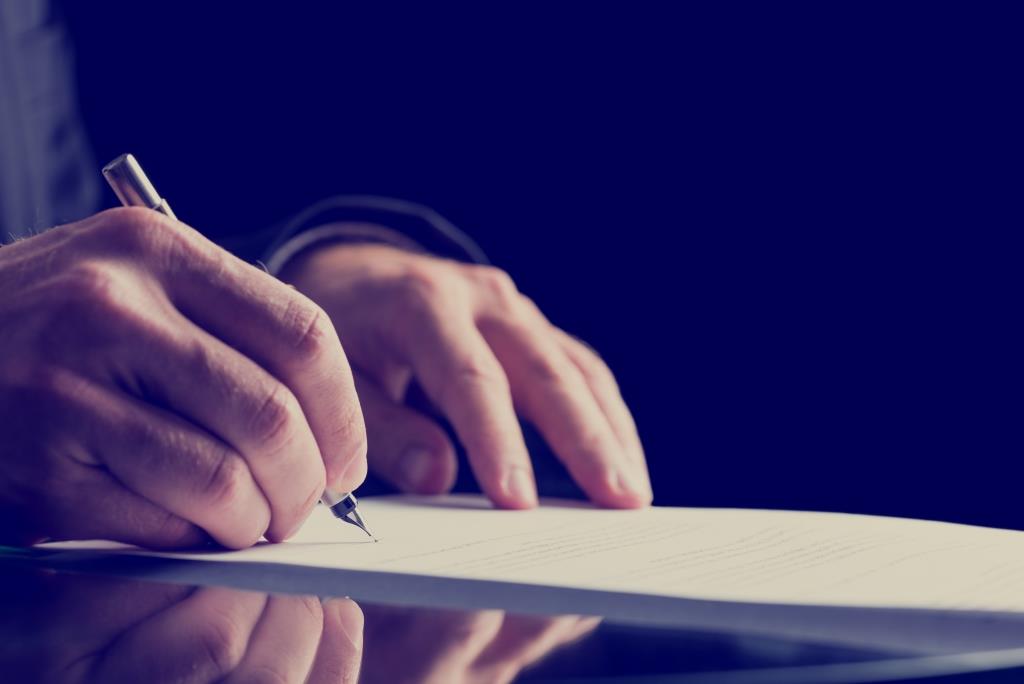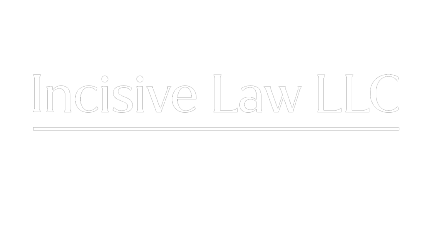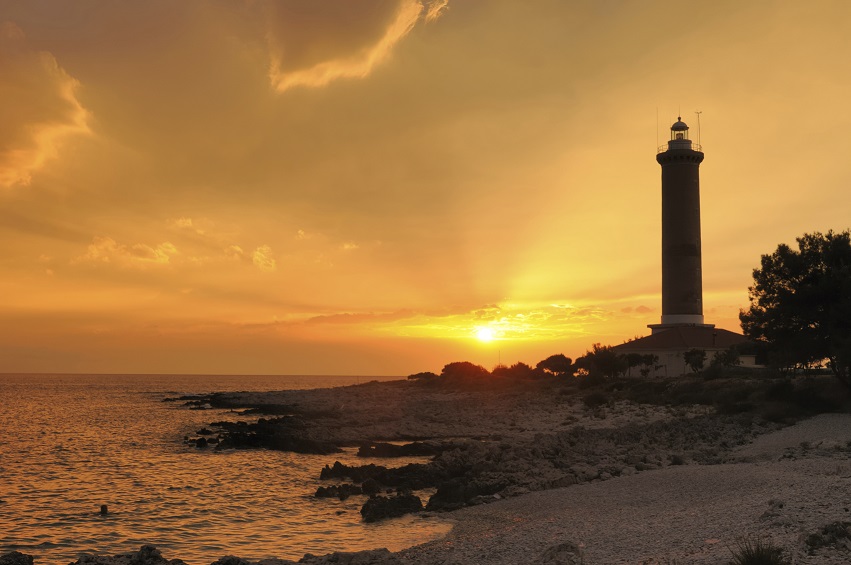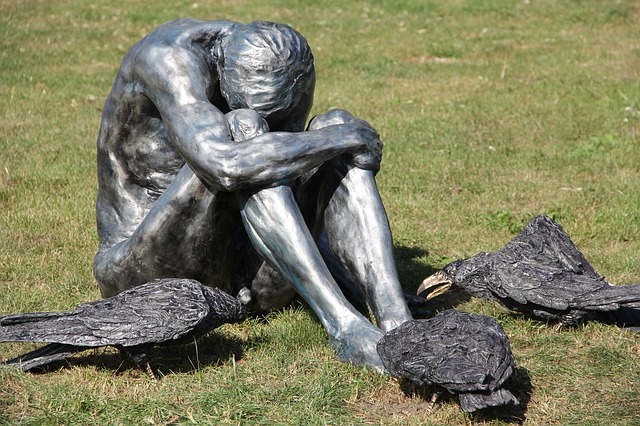It was Benjamin Franklin who said that nothing is certain except death and taxes.
Well, some people can avoid taxes, but there is no avoiding the Grim Reaper.
Nobody likes thinking about it but – unlike your golden retriever or your guinea pig – you know it’s coming: so there is really no excuse for not being prepared.
Just because you’re young and healthy, it doesn’t mean you shouldn’t make a will.
Do you travel a lot on business? Do you drive in Singapore, or use taxis, or a bicycle?
Statistically, most fatal accidents take place at home.
Go figure.
Do you have young children? What is going to happen to them if both you and your spouse or partner are in the wrong place at the wrong time?
Of course, the law does have rules for dealing with the situation where you do not make a will. There are special legal rules covering the general business of administering the estate and also the specific issue of distributing the assets.
The distribution process ordered by the court where you don’t have a will is a mechanical one dictated by the categories of relatives you have left behind. Nothing will go to friends or unmarried partners.
Surely it is better if your assets are allocated in precisely the manner you want them to be.
That is only going to happen if you make a will.
As regards administration, if you make a will you can nominate an “executor” (there can be more than one but no more than four), someone whose job it will be to “administer” the estate – get in all the assets, pay off the debts and distribute the balance in accordance with your instructions set out in the Will. If you got any sense you’ll speak to them and got them to agree to act as executor. Lawyers often act as executors, but it doesn’t have to be a lawyer.
If you don’t make a will, there is no executor. There will be an administrator, appointed by the court. It might be a relative – if they agree – or it might be an anonymous public official: either way, it will take a while to sort out.
It’s just more efficient to make a will.
Some things are not part of your estate and cannot be left in your will. If you and your spouse or partner own your home as what the law calls “joint tenants”, when one of you dies the house remains the property of the survivor. But if you both perish in a common disaster, the law says that the older person died first, so the house is treated as part of the estate of the younger person. For many people their home is their most valuable asset. It’s good to decide who is going to inherit it.
CPF moneys cannot be dealt with in a will. You should make a nomination and file it with the CPF Board.
The children? Your will should make provision for appointing a guardian. It’s really just a matter of peace of mind.
That is what it’s all about – peace of mind. And, even though every case is different, it needn’t be expensive.
NB (a) this is Singapore specific and (b) different rules apply to Muslims.
If you wish to make enquiries on Will writing services, contact us here.



